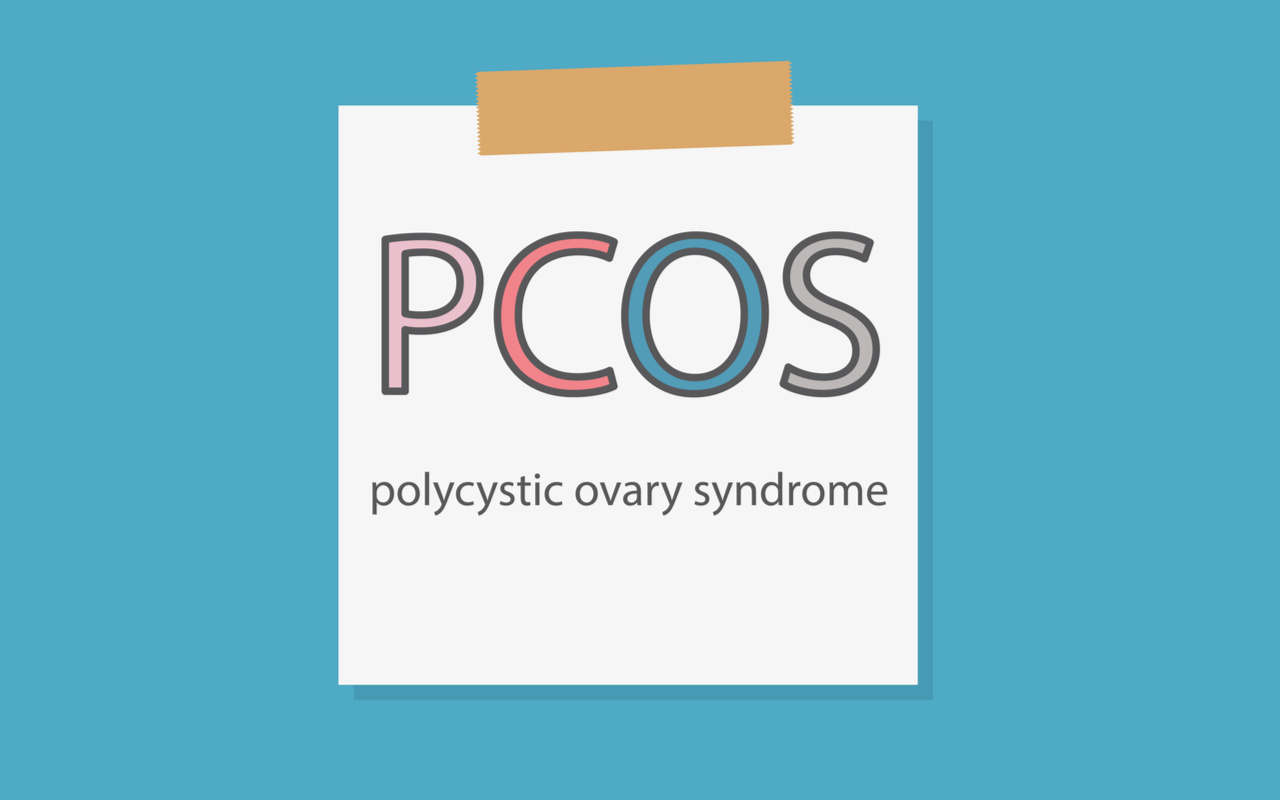PCOS Q&A with Audry Luciano FNP, @NYRW

Audry Luciano is a Family Nurse Practitioner, specializing in reproductive endocrinology and infertility here at New York Reproductive Wellness in Syosset, NY. With September being Polycystic Ovary Syndrome (PCOS) Awareness Month, we spoke with her about how common PCOS is, success rates of having children if you have PCOS, and what you can do to increase your chances of conceiving.
We also discussed why, even if you’re not actively trying to conceive, freezing your eggs is best sooner rather than later, and how COVID-19 should not delay your plans to start a family (and what to do about it if you’re hesitating because of COVID-19).
NYRW: How common is PCOS?
Audry Luciano: It’s probably more common than we are aware. If somebody’s getting their period, they might not know they have it. We’re becoming more aware of it because more and more women these days are putting off childbearing, and it might be getting worse due to lifestyle causes such as obesity, insulin resistance, Type 2 diabetes, and all of that is much more common in our population these days.
NYRW: How common is PCOS with patients that you see who are struggling with infertility?
AL: It’s very common. I would say it’s one of the more common reasons people come to me for treatment. According to research published in the last few years, it’s estimated that the number of undiagnosed PCOS patients is very high, well over 50% of patients.
NYRW: How do you know if you have PCOS?
AL: There’s no definitive test. It’s a combination of symptoms, and it’s a syndrome, so not everybody presents the same. People tend to think that those with PCOS are all overweight, but sometimes you get very thin women that don’t ovulate at all and don’t menstruate. Most people know if they present with certain symptoms if they have it, but it’s something to be discussed with your doctor.
NYRW: Can you get rid of or decrease the effects of PCOS?
AL: I think you can decrease and manage. There are prescription medications you can take to manage insulin levels and other supplements to help balance hormones. It’s a question of management and keeping symptoms at bay more than curing, because it’s not specifically a disease. It’s a cluster of symptoms. Obviously, a healthy lifestyle, lowering carbohydrates, and exercise help, but it’s not going to eradicate it. You can minimize the symptoms, but it’s not something you can become immune to.
NYRW: Have you had success in healthy births with patients who have PCOS?
AL: I have because those patients have the egg reserve. So sometimes it’s just something as simple as getting them to ovulate. Generally, they do respond to medication to stimulate ovulation.
NYRW: Do you think it’s a good idea for women with PCOS to freeze their eggs, even if they’re not trying to get pregnant?
AL: I think that’s a good idea for almost any woman these days, because it gives them more choice and peace of mind. And the younger the better, because the quality is better. If anyone has any manifestations of symptoms like PCOS, even if they’re not actively trying to conceive, it would behoove them to get a workup and see where they stand.
NYRW: What’s been the impact of COVID-19 on infertility?
AL: That’s the hot topic. Nobody really truly knows the long-term effect of this disease and pregnancy, but we don’t know the long-term risks. Here at NYRW, we are following CDC guidelines to ensure proper social distancing of patients and staff too. What we can say is that we are seeing is a higher sense of urgency for patients to be seen treated right now – infertility can’t wait for lockdowns and COVID. This is especially true if you’re in your mid-30’s and not having success conceiving on your own. The American Society for Reproductive Medicine has published helpful information for patients about infertility treatment and COVID at the American Society for Reproductive Medicine.
NYRW: What would you recommend to women who are struggling with infertility do while COVID-19 is still an active risk?
AL: The longer you wait, the harder it is if you have infertility issues. I’ve seen some patients opt to do IVF cycle with retrieval and fertilization, and then freeze the embryos for when they feel more comfortable getting pregnant. Especially if they’re doing genetic testing of the embryos and the pregnancy rate is marginally higher with a frozen embryo. So even if they put off pregnancy for a year or two or more, the frozen embryos are healthier than fresh because they’re of a younger woman.
NYRW: Any last words to women struggling with PCOS or infertility here in September 2020?
AL: I think a lot of people get very disappointed if their first intervention doesn’t work. Nothing is 100%, and a lot of people do find success, they just have to be patient and stick with it.







